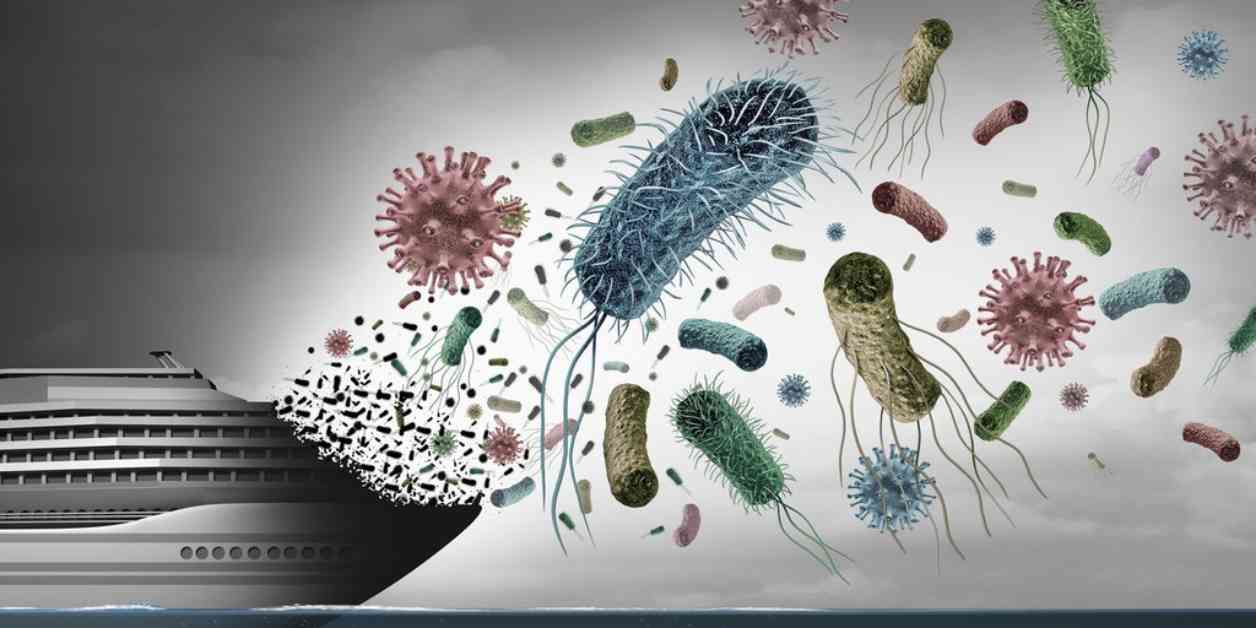Nothing can ruin a cruise ship vacation quite like an outbreak of illness. Recently, approximately 25 passengers returning from a cruise started to feel sick with nausea towards the end of a flight. The Centers for Disease Control and Prevention (CDC) stated that the flight, United Flight 1528 from Vancouver, British Columbia to Houston’s George Bush Intercontinental Airport, had some passengers feeling ill.
Public health officers from CDC’s Houston Port Health Station worked with EMS to evaluate the ill passengers. Although most of the passengers reported mild gastrointestinal symptoms, none had a fever during the flight or upon physical examination. As a precautionary measure, the aircraft will undergo a deep cleaning before returning to service.
The most common illnesses on cruise ships include respiratory illnesses, gastrointestinal infections, and other vaccine-preventable diseases. The recent outbreaks on cruise ships have been linked to norovirus, which can cause stomach pains and diarrhea. The CDC has reported seven outbreaks on cruise ships this year, including one on the Celebrity Summit with passengers experiencing diarrhea and vomiting.
Cruise ships are susceptible to outbreaks due to close living quarters and communal spaces, making it easier for viruses and bacteria to spread. Passengers joining the cruise at different stops can introduce new illnesses. In addition, cruises may bring passengers to locations where they are at increased risk of infectious diseases due to exposure to mosquito or tick bites.
To prevent sickness on a cruise, the CDC recommends asking about COVID-19 protocols, wearing a mask in crowded areas, and consulting a healthcare provider before traveling. It is essential to wash hands frequently with soap and water, especially after using the bathroom or touching surfaces. Alcohol-based sanitizers are not effective against viruses.
When traveling to locations with insect-borne infections, using EPA-registered insect repellent is recommended. Proper cough etiquette and seeking medical care from the ship’s staff in case of illness are crucial. Travelers should also be aware of any non-infectious conditions before embarking on a voyage.
Some individuals may be prone to seasickness or motion sickness, especially if taking certain medications. Those at risk should consult a healthcare provider for medication to prevent or reduce symptoms. Applying sunscreen with SPF 15 or higher is also important to prevent sunburn.
In conclusion, staying safe on a cruise ship involves taking preventative measures, being aware of potential risks, and practicing good hygiene. By following these tips, passengers can enjoy a healthy and enjoyable cruise vacation.




